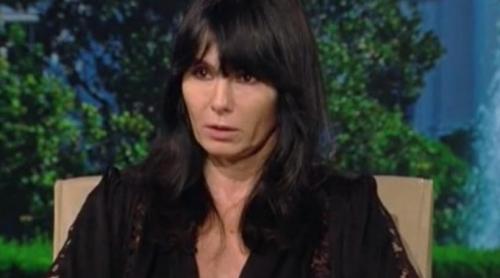
It is Romaniaâs interest to promote the supporting of the democratization wave of the former Soviet states from the Black Sea. And it has to be done in all the international instances it is a part of. This is the opinion of Traian Basescu, which he has after the 15-year-old experience of the after-the-Revolution Romania.
The democratization process for the former Soviet space surrounding the Black Sea will be successful only if it meets a lot of involvement from everyone, including Romania, the President said at the opening of the "New Europe. Who is afraid of democratization?" seminary. This is organized by the Association of the Students of the Political Sciences Faculty (ASPSF) of the SNSPA (the National School for Political and Administrative Sciences), under the aegis of the Ministry of External Affairs, and the participants are students from Romania, Ukraine, Russia, the Moldavian Republic, Georgia, Azerbaijan, Albania, Bulgaria and Belarus. DROP-BY-DROP DEMOCRACY Basescu talked about Romaniaâs experience after the 1989 Revolution, which, even though it was ruled by regimes democratically chosen, was astonishing the Occidental democracies with the "periodical repetition of events like the rebellions of the miners". He explained the students the things that the Occident and our country have to do in order to help the former Soviet neighbors on the shore the Black Sea get over this kind of moments. "The fact that in a former totalitarian state the elections are won by democratic politicians is not enough, because the totalitarian structures continue working under these winning politicians", President Basescu emphasized. He said that leaders like Victor Iuscenko, the Ukrainian President, and Mihail Saakasvili, the Georgian President, have to be supported by the occidental democratic states in the European Union and NATO. This involves not only public statements, but financial and human assistance as well, with the purpose of reforming the institutions of the states that are used to the totalitarian mentality and methods. DANGERS AND SOLUTIONS "15 years after the Revolution in 1989, Romania still has problems with the normal functioning of the democratic institutions, and there are laws that are not abided by", the President stated. He added, "The transition to democracy of the former communist states ends when the people abide by the laws in real life, when all the people of the stateâs institutions think for the people, but not against them".Citește pe Antena3.ro


















